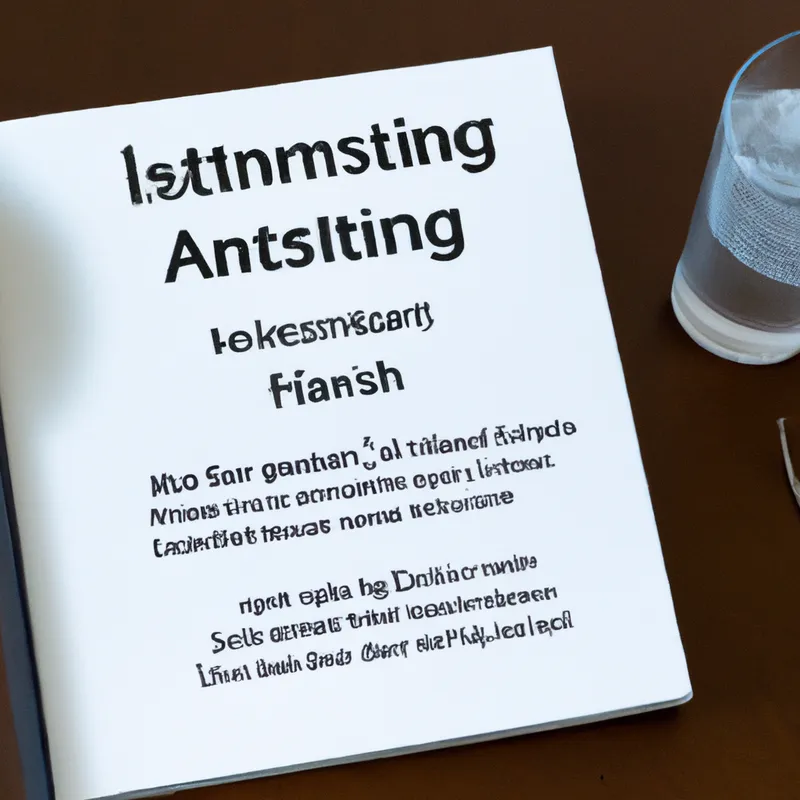Debunk Common Myths About Intermittent Fasting
The Science Behind Intermittent Fasting: Benefits and Downsides Explored
Intermittent fasting (IF) has gained popularity recently. Many people endorse its benefits for weight loss, mental clarity, and overall health. However, the science can be complex. This blog explores the benefits and downsides of intermittent fasting. By the end, you’ll understand if it’s right for you.
What is Intermittent Fasting?
Intermittent fasting is an eating pattern, not a traditional diet. It cycles between fasting and eating periods. Common methods include the 16/8 method, where you fast for 16 hours and eat during an 8-hour window. Other popular methods are the 5:2 diet and alternate-day fasting.
Research shows that intermittent fasting affects various biological processes. These processes include metabolism, hormone levels, and cellular repair. Let’s explore its benefits and potential downsides.
Benefits of Intermittent Fasting
Weight Loss
Many people adopt intermittent fasting for weight loss. By limiting the eating window, you naturally reduce calorie intake. Research suggests that IF boosts metabolism. It raises norepinephrine levels, a fat-burning hormone. This combination helps your body burn fat efficiently.
Additionally, intermittent fasting enhances insulin sensitivity. Improved insulin sensitivity helps your body manage blood sugar levels better. This may lead to more weight loss and a reduced risk of type 2 diabetes.
Improved Mental Clarity
Another significant benefit is improved mental clarity. During fasting, your body produces ketones. These molecules serve as an alternative energy source for your brain. Many people report heightened focus and concentration when fasting.
Furthermore, studies indicate that intermittent fasting promotes brain-derived neurotrophic factor (BDNF) production. This protein supports neuron health and may lower the risk of neurodegenerative diseases.
Cellular Repair and Longevity
Intermittent fasting triggers autophagy, allowing cells to remove damaged components. This cellular repair mechanism may promote longevity. Some animal studies suggest that intermittent fasting extends lifespan. However, researchers need more human studies to confirm these findings.
Additionally, fasting reduces inflammation and oxidative stress. Both factors link to various chronic diseases. Therefore, intermittent fasting may help prevent conditions like heart disease and cancer.
Downsides of Intermittent Fasting
Hunger and Cravings
One immediate downside of intermittent fasting is hunger. Many people struggle with cravings during fasting periods. This struggle can lead to irritability and difficulty concentrating. Gradually, your body may adjust, but the transition can be challenging.
Moreover, some people overeat during eating windows, negating weight loss benefits. It’s essential to choose healthy foods, even when not fasting.
Social Implications
Intermittent fasting can affect your social life. Social gatherings often revolve around food. Skipping meals during these events can lead to awkward situations. You might feel left out when others enjoy meals.
Finding a balance that works for your lifestyle is crucial. Communicating your fasting schedule to friends and family can ease social tensions.
Not Suitable for Everyone
Intermittent fasting may not suit everyone. Pregnant or breastfeeding women should consult healthcare professionals before starting. Additionally, individuals with a history of eating disorders may find fasting triggers unhealthy behaviors. Always listen to your body and seek professional advice if needed.
Tips for Successful Intermittent Fasting
1. **Start Slowly**: If you’re new to fasting, begin with shorter fasting windows. Gradually increase them as your body adapts.
2. **Stay Hydrated**: Drink plenty of water during fasting. This can help curb hunger and keep you energized.
3. **Focus on Nutrient-Dense Foods**: During eating windows, prioritize whole foods. Include fruits, vegetables, lean proteins, and healthy fats.
4. **Listen to Your Body**: Pay attention to how you feel during fasting. If you experience extreme discomfort, reconsider your approach.
Conclusion
Intermittent fasting offers numerous benefits, including weight loss, improved mental clarity, and cellular repair. However, it also has downsides, such as hunger, social implications, and unsuitability for some individuals.
Ultimately, decide to try intermittent fasting based on your lifestyle and health needs. Always consult a healthcare professional before making significant changes to your eating patterns. By understanding both benefits and downsides, you can make an informed choice about intermittent fasting.
Below are related products based on this post:
FAQ
What are the main benefits of intermittent fasting?
Intermittent fasting offers several benefits, including weight loss due to reduced calorie intake and improved metabolism. It also enhances mental clarity through the production of ketones, which serve as an alternative energy source for the brain. Additionally, intermittent fasting promotes cellular repair and longevity by triggering autophagy and reducing inflammation and oxidative stress.
Are there any downsides to intermittent fasting?
Yes, some downsides of intermittent fasting include experiencing hunger and cravings during fasting periods, which can lead to irritability. It can also affect social life, as many social gatherings revolve around food. Furthermore, intermittent fasting may not be suitable for everyone, particularly pregnant or breastfeeding women and individuals with a history of eating disorders.
How can I successfully implement intermittent fasting?
To successfully implement intermittent fasting, start slowly by beginning with shorter fasting windows and gradually increasing them. Stay hydrated by drinking plenty of water during fasting periods, and focus on consuming nutrient-dense foods during eating windows. Lastly, listen to your body and be mindful of how you feel during fasting; if you experience extreme discomfort, it’s important to reconsider your approach.















Post Comment